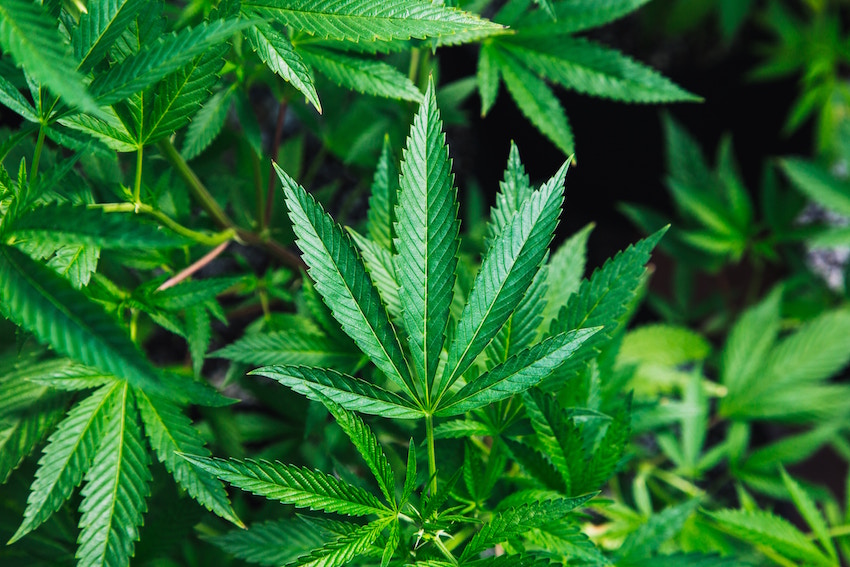THERE IS “scarce evidence” that medicinal cannabis improves mental health conditions such as depression, anxiety and post-traumatic stress disorder, a new study has found.
Medicinal cannabis has been said to be able to alleviate and help those living with mental health issues but research published yesterday says that prescribing such drugs could be more harmful than helpful to such individuals.
The research, lead by Professor Louisa Degenhardt of the National Drug and Alcohol Research Centre at UNSW Sydney, Australia, and published in the Lancet Psychiatry journal, has looked at the findings from trials carried out across almost four decades. It reviewed the effectiveness of medicinal cannabis and pharmaceutical cannabinoids [CBD] and how safe they are using evidence from studies in depression, anxiety, Tourette syndrome, ADHD, post-traumatic stress disorder and psychosis.
“There is scarce evidence to suggest that cannabinoids improve depressive disorders and symptoms, anxiety disorders, attention-deficit hyperactivity disorder, Tourette syndrome, post-traumatic stress disorder, or psychosis. There is very low quality evidence that pharmaceutical THC (with or without CBD) leads to a small improvement in symptoms of anxiety among individuals with other medical conditions,” the report said.
It added: “There remains insufficient evidence to provide guidance on the use of cannabinoids for treating mental disorders within a regulatory framework. Further high-quality studies directly examining the effect of cannabinoids on treating mental disorders are needed.”
In recent years the demand for medicinal cannabis to treat mental health conditions has grown. Those who take the drug to alleviate symptoms have said that is has helped them cope with their conditions. However, there is a lack of scientific evidence to support these claims.
NHS guidance states that regular use of the drug, which is the most widely used illegal substance in the UK, increases the user’s risk of developing a psychotic illness.
At the end of last year, medical cannabis products became available on prescription in the UK for the first time.
The treatments can only be prescribed by hospital doctors, not GPs, in cases where children are suffering rare, severe forms of epilepsy, adults experiencing vomiting or nausea as a result of chemotherapy and adults with muscle stiffness as a result of multiple sclerosis.
The study carried out by Degenhardt and her team of researchers only assessed the impact of the effectiveness and safety of medicinal cannabis treatments in relation to mental health conditions.
In addition to finding little evidence of the positive effects the use of cannabis can have when used to treat mental illness, researchers found that pharmaceutical THC worsened psychosis symptoms and failed to significantly affect any other major outcomes for the mental health conditions that were looked at. It did increase the number of people who had adverse reactions.
The research analysed 83 studies of around 3,000 people between 1980 and 2018.


Comments Form